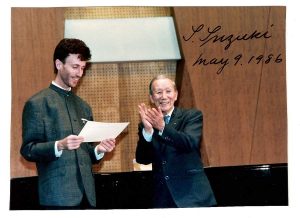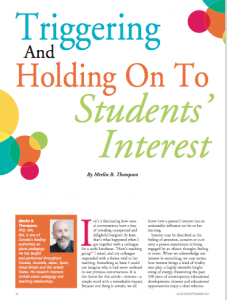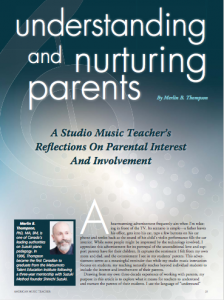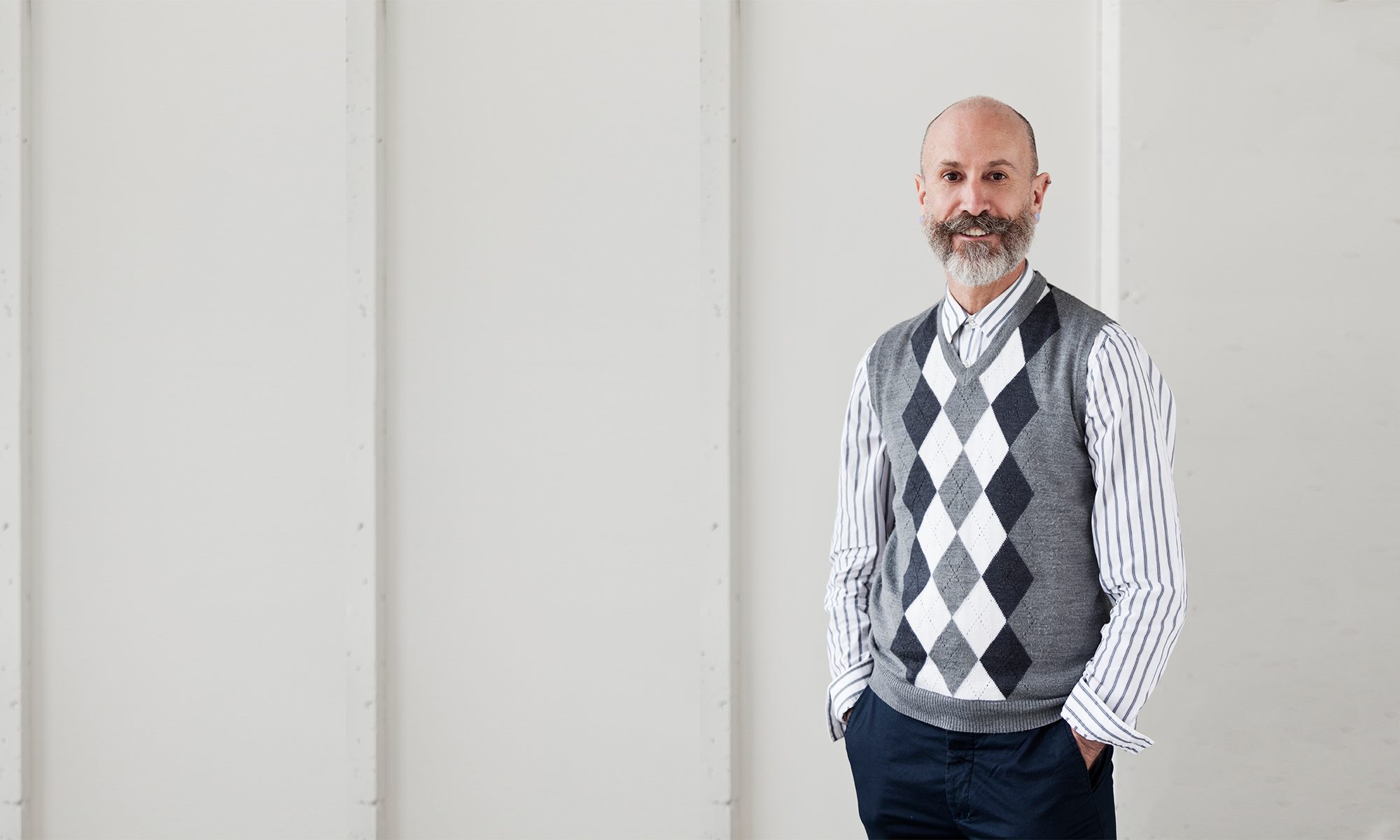I began piano teaching during the late 1970s. Since that time, I’ve used the Suzuki Piano Method as anchor for my teaching. It’s been a wonderful journey! My Teaching Approach champions the following instructional dynamics —
Music for Life
I start with the question – What will students be able to do that’s meaningful for themselves as a result of music lessons? They may for example – Let off steam or chill out at the instrument. Teach a pop song to a peer in ten minutes. Play for Grandma’s birthday. Pursue a professional career. Make a music video. Form a band. My goal is for students to experience how music works for themselves and develop their own unique musical connections that last a lifetime.
Let’s Have Fun
When students’ learning is enjoyable and personally satisfying, it’s easy for them to take on the challenges that come with learning to play the piano. Having fun is a vital prerequisite for students. It’s not a waste of time. Enjoyment is the essential ingredient that empowers students to invest their time and effort given that musical progress typically takes place over time not overnight. When teacher and students are having fun, they may surmount seemingly insurmountable difficulties.
I Choose/They Choose
I use a combination of teacher’s choice and student’s choice of repertoire at all levels. The benefit of this combined approach is that students progress through an organized sequential repertoire structure in balance with their own musical personality and interests. My job is to ensure students develop a robust musical skillset while they also learn how to tailor their repertoire choices based on their personal passion, technical ability, family and social circumstances.
Excellence & Flexibility
Excellence comes in many sizes and shapes. Teachers’ favorite way. Students’ favorite way. Parents’ favorite way. Composers’ favorite way. The point is – be flexible. Students get much further with multiple strategies for excellence than a one-size-fits-all approach. Even the opposite of excellence has value.
Life Skills
Students use many life skills in learning to play the piano. Persistence, goal setting, letting go, reflection, humor, and cooperation are just a few. They learn what it takes to complete projects that may require endless revisions, reworking, and problem solving. They understand beauty, creativity, and ownership. They gain experience with long-term project development and problem solving. Students gain lots of experience with exercising their own set of life skills.
Independence & Reflection
I consider students as independent musicians who have their own connections with music right from the very beginning. I foster student ownership by being especially attentive to their creativity, emotions, imagination, and authentic involvement. I incorporate reflection as an important element of students’ learning process throughout every lesson. When I understand how students think about their own musical development, my teaching may build on their reflection. “Tell me more about your…” is my preferred invitation for more information.
A Question of Independence
Family Home Life
Music isn’t something separate from students’ family home life. It’s always there. So it makes sense to have frequent home concerts and celebrate students’ musical achievements big and small. When appropriate, I invite parents to attend lessons and assist with practicing, keeping in mind that school age children require minimal help and teenagers readily take on complete independence. Parents need to know their loving relationship and interest are more important than forcing their children to practice.
Language Learning Model
I use the Suzuki Method’s language learning model as a framework for learning to play the piano. Just as learning to speak naturally precedes learning to read, I establish students’ aural and instrumental skills before learning to read music. This means students learn to successfully play by ear as the foundation for subsequently learning to play by reading.
All children learn to speak because they’re surrounded by language and because of their desire to communicate. So it makes sense that music students thrive when I generate a positive learning environment in their lessons and advocate for parents to create a supportive musical nucleus at home.
Children achieve fluency with a huge spoken vocabulary through vast amounts of repetition and accumulation. So I get creative in using repetition and accumulation to help music students develop musical fluency. I encourage students to master the many layers of musical performance at their own pace, sometimes moving in small steps and sometimes by leaping ahead.
Just as learning to speak naturally precedes learning to read, I intentionally establish students’ aural and instrumental skills before introducing learning to read music. This means students learn to successfully play by ear as the foundation for subsequently learning to play by reading.
Similar to the way language learning is a community affair, I incorporate various layers of personal interaction. Students benefit from meaningful interactions with their peers during group classes where their enthusiasm and commitment for music may inspire other students. At concerts and performances, it’s remarkable how they may learn from more advanced students. For parents, their own parent peers may often provide the most practical understanding and resources.
Music contributes to students’ holistic personal development –
- Through the joys and celebrations, the frustrations and disappointments of musical study and performance, my purpose is to help students deepen their understanding of life. By exploring the safety, challenges, and rewards of music, students learn that who they are and what they do have a direct impact on music.
- Musical explorations are fertile opportunities for students to actively develop generosity, compassion, humility, wisdom, and confidence in themselves. They experience what it means not only to care for music, but also to care for themselves, for others, and for life.
- Authentic character development plays a vital role in musical explorations. My purpose is to nurture students’ authentic self, to engage them in musical explorations that build on and develop their integrity, and open spaces for them to become more of the unique individuals they already are.
My Suzuki Background

- 1980 – began Suzuki teaching at the McGill Conservatory in Montréal, PQ
- 1981 – met cofounders of the Suzuki Piano Method at the Suzuki International Conference in Amherst, MA
- 1983-86 – studied with Suzuki Piano Method cofounders at the Talent Education Institute in Matsumoto, Japan
- 1988-2004 – Artistic Director of the Suzuki Piano Program at the Mount Royal Conservatory in Calgary, Alberta
- 2004-present – teaching through my private studio in Calgary, Alberta
Parent Resources
- Words for Volume 1 Melodies
- Triggering & Holding Onto Students’ Interest
- Thank You Suzuki Parents
- Parents as Motivators
- Understanding & Nurturing Parents
- Peers, Tension, & More
Teacher Resources
- Authenticity, Shinichi Suzuki, & “Beautiful tone with living soul, please”. Philosophy of Music Education Review, 24(2): 170-190. DOI: 10.2979/philmusieducrevi.24.2.04.
- Practical & Personal: An Inquiry into What Teachers Do. American Suzuki Journal (46)1.
- Triggering and Holding onto Students’ Interest. American Music Teacher. August/September: 26-30.
- Going Beyond Yet Through the Repertoire. American Suzuki Journal, 43(3).
- “Don’t rush, but don’t rest”: Reflections on Dr. Suzuki’s Affirmative Guidance. American Suzuki Journal, 43(1).
- Tone and More Tone: Reflections on the
Matsumoto Talent Education Institutional Theme. American Suzuki Journal, 44(1).
Theme. American Suzuki Journal, 44(1). - Understanding and Nurturing Parents. American Music Teacher, February/March: 25-29.
- Peers, Tension, and More: Reflections on Working with Suzuki Parents. American Suzuki Journal, 43(2).
- Pictures of Suzuki Parents. American Suzuki Journal, 44(2).
- A Question of Independence
